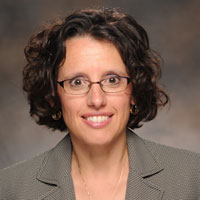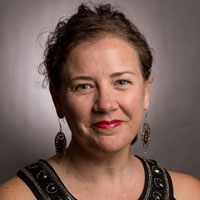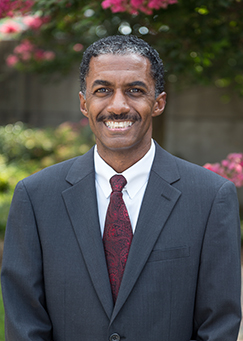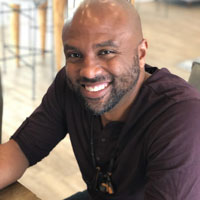How to do it right: an HBCU's perspectives on engagement with black communities during COVID
April 21, 2021 2:00 PM – 3:00 p.m.
We would like to share our research and practice at North Carolina Central University Advanced Center for Covid-19 Related Disparities. We have invested in implementation science and hosted 20 COVID-19 testing events in black communities in both rural and urban counties in NC and conducted surveys to study the public trust, media use, perceptions of COVID-19 and other health issues among the communities in which we hosted events. During these events we gathered observations community engagement strategies that work well.
In addition to surveys, ACCORD members organized focus groups with pastors, HBCU students, and adult females to talk about their experiences during the pandemic and information-gathering/sharing practices. We also conducted analysis of health care organizations' communication program in terms of culture sensitivity and social media capacity and will discuss discrepancy between what we learn as best practice and what we observed in practice.
In summary, we will cover the following three objectives.
Objective 1: Understand the complexity of institutional engagement in Black communities. Topics to be covered include:
- Distrust towards researchers, especially researchers who don't look like them, schools/institutions that don't look like them
- Distrust towards the overall idea of being part of a study/research.
- Considerations for developing strategic partnerships with different civic society institutions and community facilitators.
- We will introduce our model of practice and insights from our survey and focus group data.
Objective 2: Incorporate cultural sensitivity in audience research, engagement and communication. Topics to be covered include:
- Considerations of designing survey and focus group questions in minority communities.
- Use social media and telehealth programs to engage black communities
- Messaging tactics, what works and why?
- We will introduce our model of practice and insights from our survey and focus group data.
Objective 3: Identify the resilience factors of misinformation. Topics to be covered include:
- Introduce social- and individual-level resistance factors towards misinformation.
- Media trust and use among different generations of black people.
- The entanglement between racial injustice and COVID-19 on media trust.
- We will present what we found from a literature review, focus group and survey.
In addition to surveys, ACCORD members organized focus groups with pastors, HBCU students, and adult females to talk about their experiences during the pandemic and information-gathering/sharing practices. We also conducted analysis of health care organizations' communication program in terms of culture sensitivity and social media capacity and will discuss discrepancy between what we learn as best practice and what we observed in practice.
In summary, we will cover the following three objectives.
Objective 1: Understand the complexity of institutional engagement in Black communities. Topics to be covered include:
- Distrust towards researchers, especially researchers who don't look like them, schools/institutions that don't look like them
- Distrust towards the overall idea of being part of a study/research.
- Considerations for developing strategic partnerships with different civic society institutions and community facilitators.
- We will introduce our model of practice and insights from our survey and focus group data.
Objective 2: Incorporate cultural sensitivity in audience research, engagement and communication. Topics to be covered include:
- Considerations of designing survey and focus group questions in minority communities.
- Use social media and telehealth programs to engage black communities
- Messaging tactics, what works and why?
- We will introduce our model of practice and insights from our survey and focus group data.
Objective 3: Identify the resilience factors of misinformation. Topics to be covered include:
- Introduce social- and individual-level resistance factors towards misinformation.
- Media trust and use among different generations of black people.
- The entanglement between racial injustice and COVID-19 on media trust.
- We will present what we found from a literature review, focus group and survey.

Irene Doherty, PhD
MPH Research Scientist, Julius L. Chambers Biomedical/Biotechnology Research Institute (BBRI) North Carolina Central University
Presenter

Lisa Paulin, PhD
Associate Professor & Assessment Coordinator, Mass Communication Department, North Carolina Central University
Presenter

William Pilkington, D.P.A., M.P.A., M.A.
H.O.P.E. Program Director, Julius L. Chambers Biomedical/Biotechnology Research Institute , North Carolina Central University
Presenter

Seronda A. Robinson, PhD
Chair/Professor/Epidemiologist, Department of Public Health Education North Carolina Central University
Presenter



